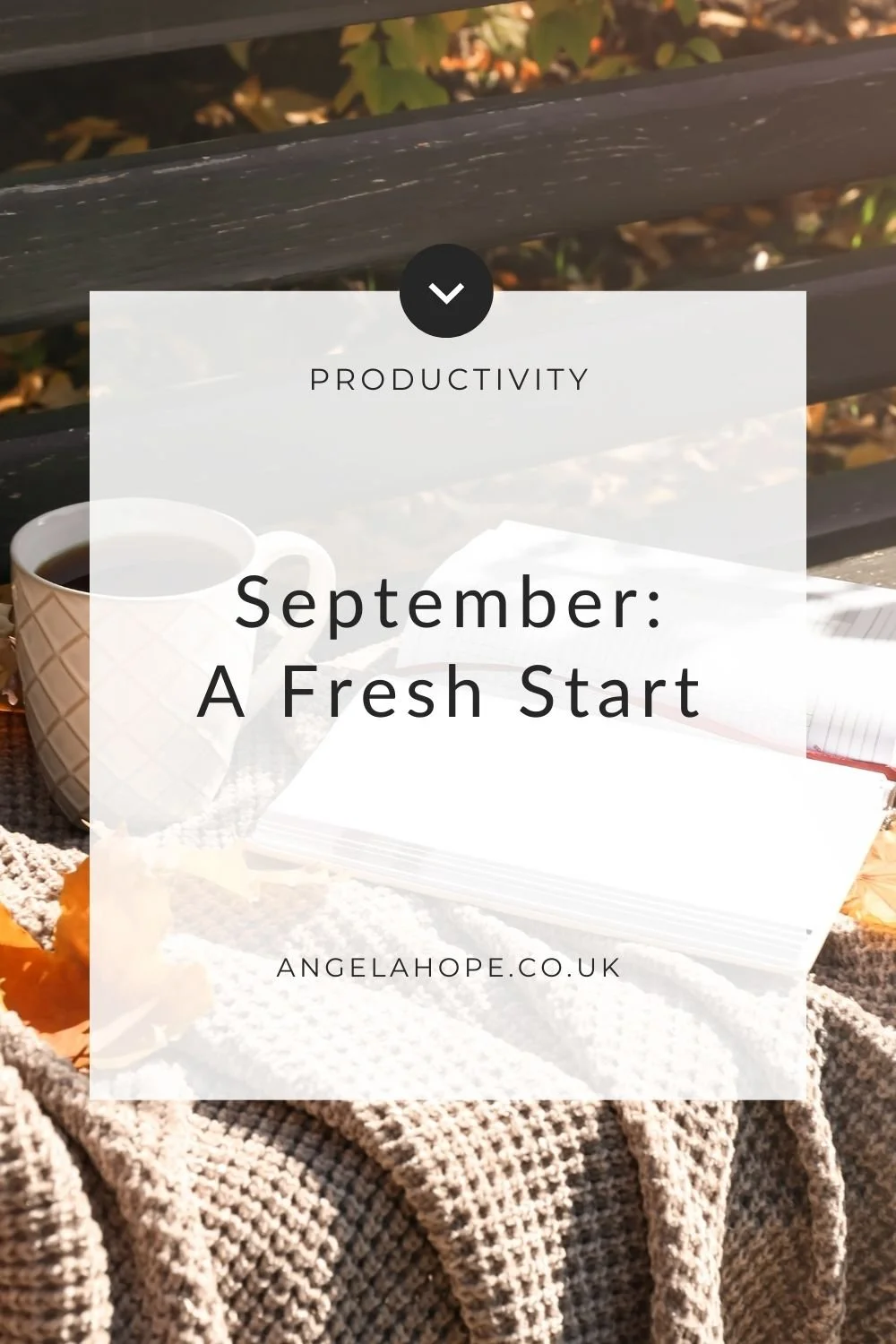Can I Do SEO on My Own Website? A Simple Guide for DIYers
When I first started building my own website, SEO felt like a mystery. Everywhere I looked, there were complicated rules, expensive tools, and advice that made my head spin. It made me wonder, “Can I do SEO on my own website?” The answer is a resounding yes — and the good news is that you don’t need to overcomplicate things. With a few simple, fuss-free steps, you can make your DIY website visible to Google and your potential clients without stress or overwhelm.
Before learning SEO properly, I couldn’t understand why web designers charged so much for SEO services. Now that I’ve dived into the art of SEO, I get it — it’s complex! But even knowing all the ins and outs, I still believe that for most DIY websites, the basics are enough to get started.
So if you’ve been wondering “Can I do SEO on my own website?” — this guide is for you. Here’s the very basic SEO you actually need. No overwhelm. No complicated strategies. Just the essentials.
1. Clear, descriptive page titles
Page titles are one of the simplest and most important parts of on-page SEO. They tell Google what each page is about and help your visitors instantly understand where they are.
Skip vague titles like “Home” or “Welcome.” Instead, try something clear and specific:
“Freelance Copywriter in Suffolk”
“Yoga Classes in Ipswich”
“Brand Photography for Small Businesses”
Clarity always wins.
2. Meta descriptions that encourage clicks
Your meta description is the short summary that appears under your page title in Google search results. It doesn’t directly affect your ranking, but it does affect whether someone chooses to click on your link.
Write a simple, friendly sentence or two that explains what the page is about and why it’s helpful. No need to cram keywords — just be human.
3. One clear heading (H1) per page
Think of your H1 as the big headline at the top of your page. Each page should have one — and only one — main heading.
Good examples:
“Pilates Classes for Beginners”
“Website Design Services”
“About Me”
Everything else below that can be H2s and H3s. Clean, simple, structured.
4. Basic keyword awareness (not stuffing)
You don’t need keyword tools or a complicated dashboard when you’re starting out. Just think about what someone might type into Google if they’re searching for your services — exactly what your potential clients are thinking.
For example:
“Accountant for small businesses”
“Bespoke cakes Ipswich”
“Virtual assistant packages”
Use those phrases naturally in your titles, headings, and content. Google understands variations and natural language. Write for humans first.
5. Short, readable URLs
Your URL should be easy to read, easy to type, and make sense.
Great:
/about
/contact
/yoga-classes-ipswich
Not great:
/page-47
/p9cf930
/home-1
Keep it clean.
6. Compressed images with alt text
Big, heavy images slow down your site — and speed is a ranking factor.
So before you upload:
Compress your images (< 500kB).
Add alt text that describes what the image shows.
Alt text helps with accessibility and gives Google extra context. No keyword stuffing — just describe the image naturally.
7. Internal linking
Internal linking simply means linking your pages to each other in a logical way. Think of it as creating a little web of helpful information.
Examples:
Linking from your homepage to your services page
Linking from your blog post to a related post
Linking from your “About” page to your contact form
It helps users navigate and helps Google crawl your site more effectively.
The things you don’t need yet
Let’s bust a few myths. When you’re DIY-ing your website, you do not need:
spreadsheets of keyword difficulty scores
expensive SEO tools
backlink outreach
AI-driven content clusters
fancy SEO plugins
rewriting everything around a keyword
These things matter later — but only once you have the basics in place.
How AIO fits into all of this
Search is changing. Google isn’t only looking at keywords anymore — it’s paying attention to helpfulness, clarity, structure, and trust.
AIO (Artificial Intelligence Optimisation) is about writing and structuring content in a way that helps both humans and search engines understand it quickly.
Your job? Keep it simple, helpful, and human. Exactly the vibe your DIY website is already aiming for.
So, can you do SEO on your own website? Absolutely. Start with these basics, and you’ll already be ahead of most DIY websites out there.
And if you want help getting your website set up with clean, simple SEO from the start, you can book a Website Day with me — I’ll build the website and set up these essential foundations in one fuss-free day.































